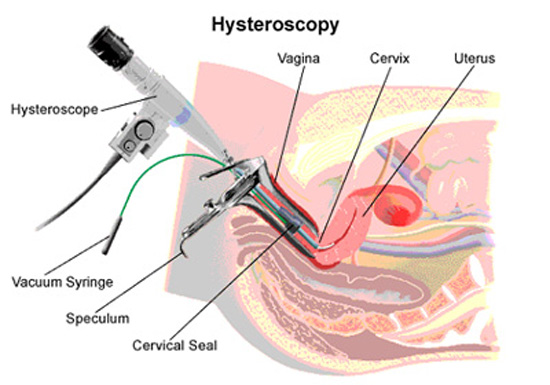An Abuja-based gynaecologist, Dr Kola Osibote, said low level of oestrogen in the body could expose women to vaginal infection called vulvovaginitis Osibote said this in an interview in Abuja on Tuesday.
According to him, vulvovaginitis is an infection that affects a woman’s vulva and vagina and common to women of all ages.
Osibote said that about 75 per cent of women would have this infection in their life time and most times could have a second episode.
The expert, however, attributed some factors that could pose a risk of developing the condition in women such as bacteria, yeast, viruses as well as parasites.
He said that environmental factors such as allergens, sexually transmitted infections and chemicals could contribute to developing the disease in some patients He also said that other factors that could pose the risk of developing the disease was poor genital hygiene, diabetes and the use of bubble baths.
Osibote also mentioned the use of antibiotics, contraceptives, feminine intimate sprays and tight fitting/non absorbent clothing as factors that can cause the infection in women.
The gynaecologist also said that menstrual cycle, menopause, pregnancy, foreign bodies and sexual activity with more than one partner could also be contributory factors to vulvovaginitis.
He said that preventive measures should start from personal hygiene, stressing that it helped a lot in preventing the infection.
“After using the bathroom, wipe from front to back to avoid spreading bacteria from anus to the vagina.He suggested the use of cotton pants rather than nylon pants so as to prevent the infection.
“Avoid heavily perfumed soap or shower gels as it sometimes can irritate the genital areas and also the overuse of antibiotics.
“Also ensure there is no underlying medical condition such as diabetes,” he said.
The physician, however, said that the treatment for vulvovaginitis depended on the type of infection and the organism that caused the problem.
He mentioned the use of some prescribed medications such as antibiotics either taken by mouth or cream applied to the affected area as a way of treating the infection.
The expert suggested the use of antihistamine if the irritation was due to allergic reaction as well as the use of estrogen if it was due to low levels of estrogen to treat the infection.
Osibote also recommended a personal hygiene routine such as sit baths and wiping properly after using the toilet to help heal the infection as well as prevent recurrence.
He further suggested that patients should imbibe the habit of wearing loose clothing, cotton underwear and also removing underwear at bed time while treating the infection.

No comments:
Post a Comment